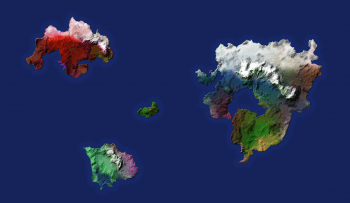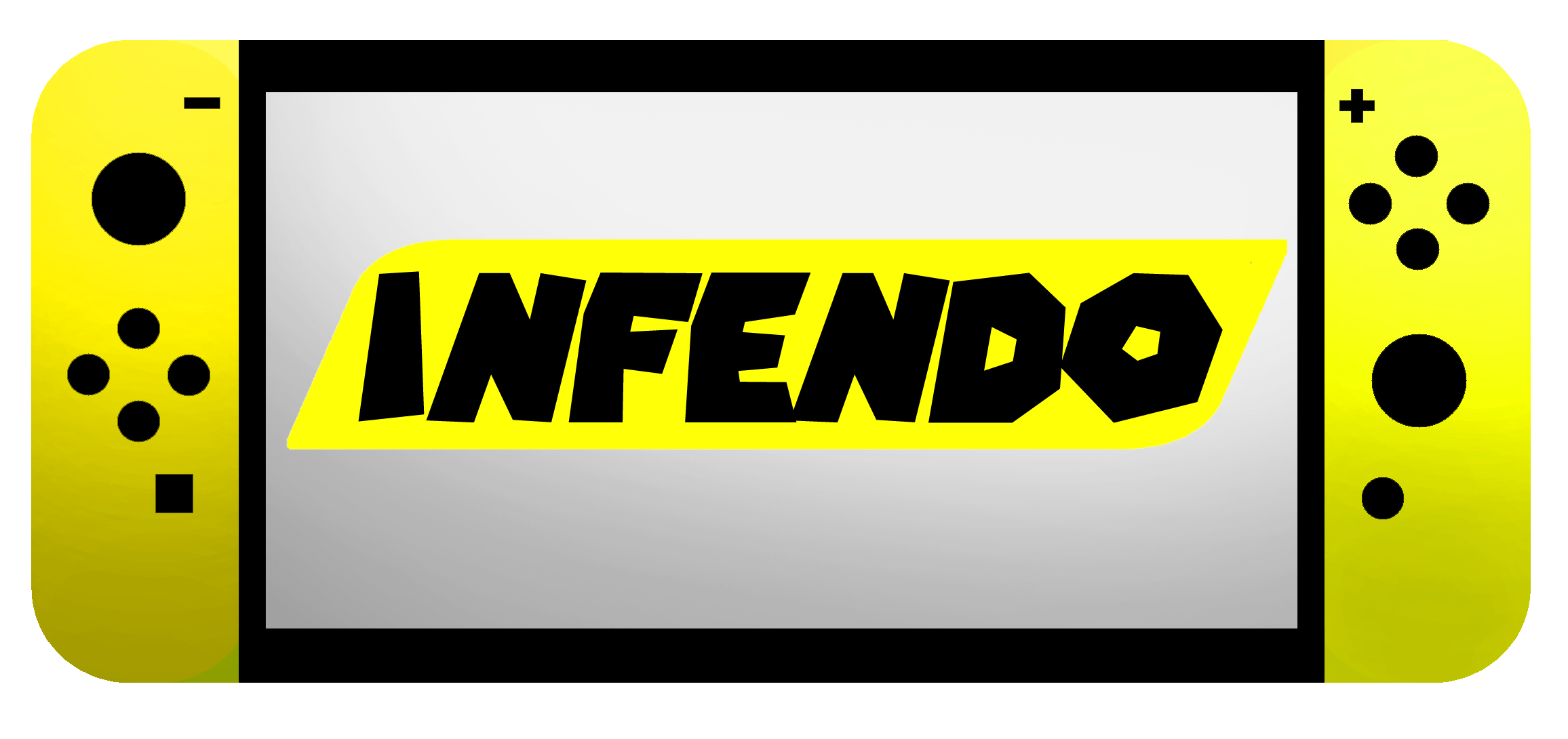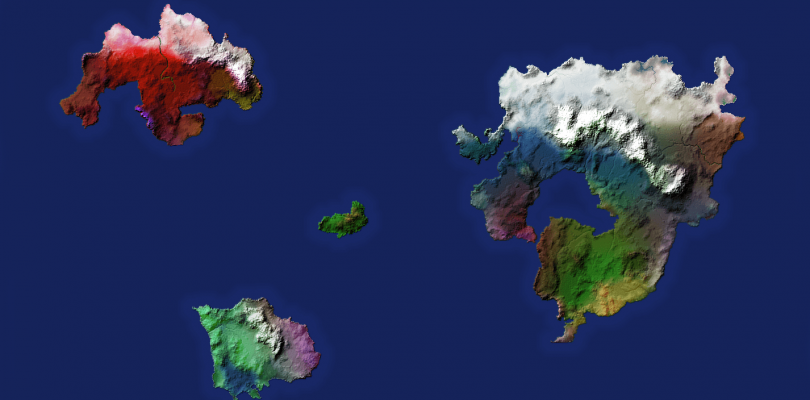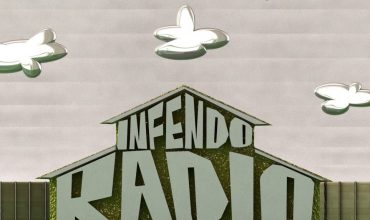Where I Come From – A Perspective On What It Means To Be A Game Designer
Game Design
My name is Lukas, 1/4th of the team that currently makes up Infendo Radio, the weekly podcast series upon which this website, and all of our other enterprises are based. I’ve always loved games above all other forms of media, and above all else, I value the stories that these games tell through game design.
Not just big games like Breath of the Wild; every game tells a story, be it simple or complex, not just with words or cutscenes, but woven into the very fabric of the game itself. The way a character interacts with its environment, like Pit, the little angel who, despite being unable to fly, rescues his goddess Palutena. Kid Icarus, a game with barely any plot, yet it still tells such a sweet, interesting story in its own way. That ability to tell a story without uttering a word, and to allow the player to experience the story firsthand – that’s what drew me to game design.
My parents say my first game was Super Mario Bros. for the NES. I was 3, and my mother walked through the front door to find me in tears. “He’s sad because Mario died”, my dad explained. Then dad showed me how Mario could come back to life, over and over again – and for 3 year old me, that was a special kind of magic.
My love of gaming grew with me as I entered school, and spent most of my free time creating characters and environments for imaginary games that I would never make. I spent a very long time creating my own Pokemon, as I would imagine most young gamers did. About the time I entered 9th or 10th grade, I had discovered my first game design program at a summer camp, and the dream finally became reality. I was rough at first, but over time I learned how to actually create a game – and then, how to flesh it out.
I can’t find it anymore, but I remember reading an article about Mr. Miyamoto, who was a childhood hero of mine. The man who created all of the masterpieces of the modern gaming age… I still idolize him today. The article was an interview, in which he explained how before getting a job at Nintendo, he wanted to create puppets, and tell stories with them. Something about that stuck with me. These days, a popular Miyamoto quote is that the world is more important than the story – a lot of people take this to mean that gameplay should take priority to narrative. But that’s not how I interpret it. I believe he was trying to say that the world you create, the experiences you make a player have, that’s the story that matters. Not the words spoken between the characters.
I believe every piece of media tells a story that is necessary, in some form or another. Every game and movie and novel and song creates a culture that exists all around us. Little moments from a game you played 10 years ago might someday rush to the surface, swelling up a strong emotional resonance inside you. That’s the power of storytelling. Every time you step into a new world in a game, you’re willingly allowing that game to touch you at your very soul, and whether you realise it or not, those experiences are changing you.
You might play through Ocarina of Time, and say “that was an ok game”, but somewhere inside you, those story elements, of Link and Saria’s enduring childhood friendship, of Princess Ruto’s headstrong desire to save her guardian deity, of Zelda, who waited through 7 years of hell with an assumed identity, so she could be an instrument in saving the world, those elements touched something in you, subconsciously.
Games like the Legend of Zelda are what shaped who I am today. At the core of my being, there’s a game designer who values stories, both told and untold.To create something with the same level of precision and care for my product, to shape something as masterful as a game from that series, is a lifelong dream of mine. People who create, people who TRULY create, care about their works. Nothing is thrown in “just because”. Everything is thought out, executed with precision to conform to the idea they have for this world, a world that actually begins to build itself as the developers build it themselves.
A writer can create a plot; but those fans, who create an entire canon inside their own collective mind, who create a timeline of events, linking that world together and creating an overarching narrative… There’s true value in that. I’ve always felt that an artist doesn’t own their own work. They set it free to be manipulated by the world. A director’s vision isn’t the end all be all – the world will manipulate that story, add to it, remove from it, and in the end, after it’s been experienced by millions of people, it becomes something else entirely.
Gaming has been a cornerstone in a lot of my relationships. One of my most deep and intimate friendships was with former Infendo Radio host Mike. The amount of hours we poured into our favourite games, the memories we forged and shared, were some really good moments that persist for me to this day.
Sometimes it might seem silly, hearing me pour this much into games. For some people, games are just games, made to be played until the next one comes out. That’s fine – that’s the purpose of a game. However, I would argue that these games have merit beyond the superficial – a game is an experience, and by playing one, you’re opening yourself up to a world created not by God or Mother Nature, but by another human being. And by exploring this world, you’re becoming a part of it, and forever shaping what it will become. That’s a game. That’s game design.
At least, that’s what I have to believe. A long time ago, I realized game design is the only thing that will make me truly feel fulfilled. Game design is, for me, the highest form of artistic expression, one that has the power to forever alter a person who has played one. It’s pure, and good, and so, so special. So I hope I’m right, because it’s the path I plan on walking for the rest of my life.



